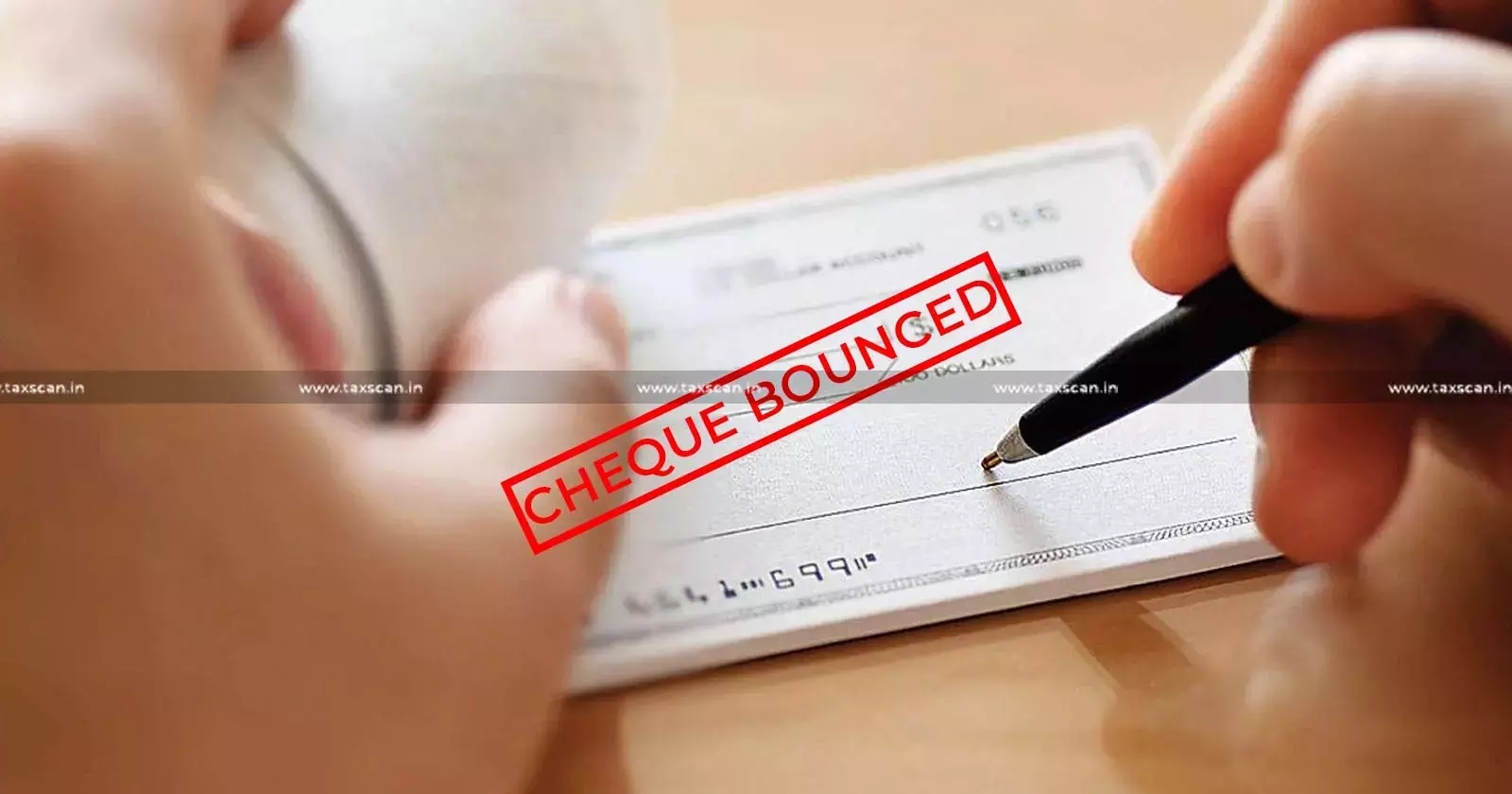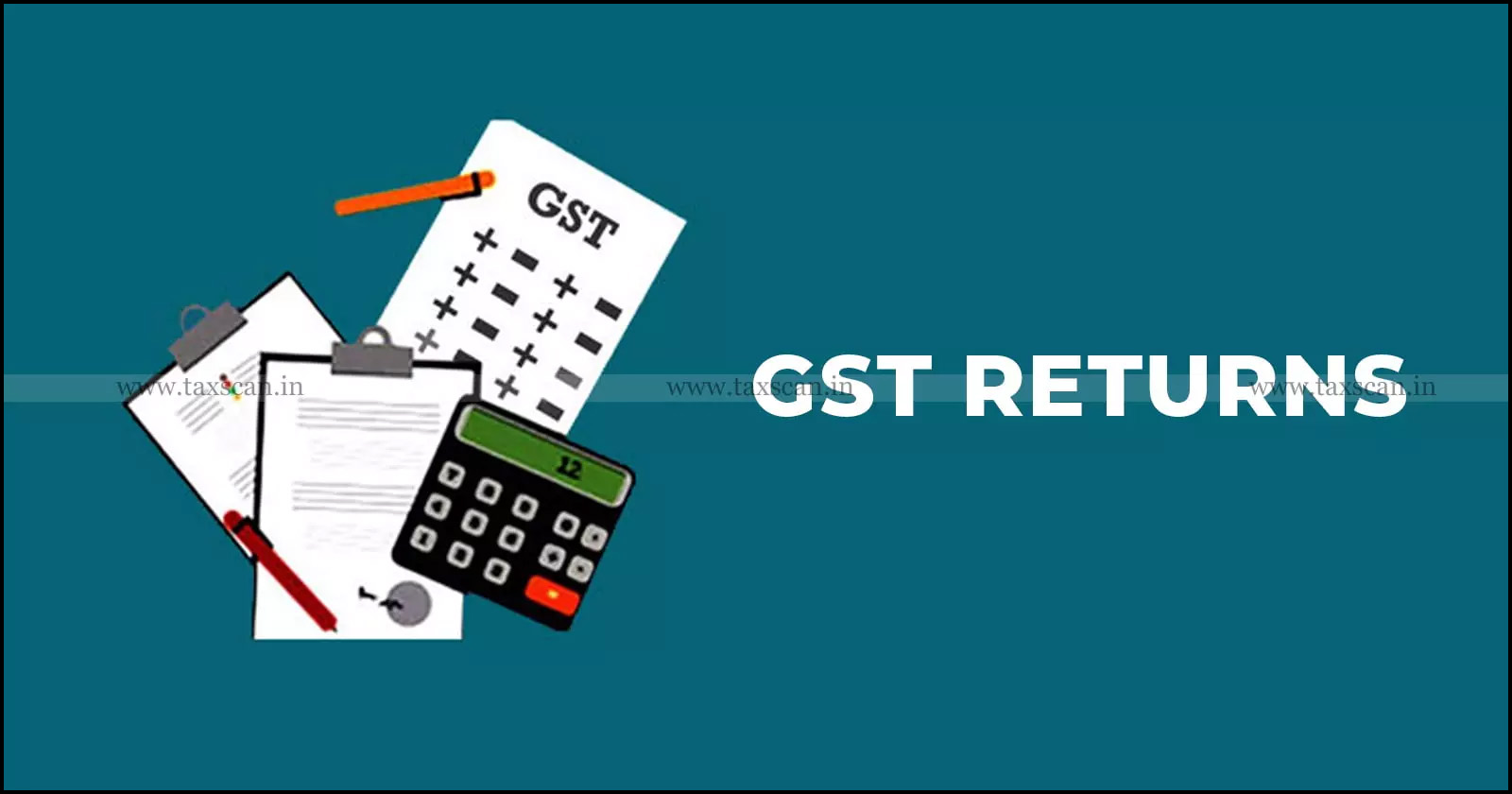S. 173(5) Cr.P.C. Not Applicable to Central Excise Prosecution Based on Private Complaint: Madras HC [Read Order]
The Madras High Court rules that Section 173(5) Cr.P.C. is inapplicable to Central Excise prosecutions based on private complaints, holding fresh sanction necessary
![S. 173(5) Cr.P.C. Not Applicable to Central Excise Prosecution Based on Private Complaint: Madras HC [Read Order] S. 173(5) Cr.P.C. Not Applicable to Central Excise Prosecution Based on Private Complaint: Madras HC [Read Order]](https://images.taxscan.in/h-upload/2025/09/11/2085473-no-corrupt-motive-found-madras-hc-disciplinary-case-gst-deputy-commissioner-taxscan.webp)
The Madurai Bench of the Madras High Court held that Section 173(5) of the Code of Criminal Procedure, 1973, which governs filing of police reports, cannot be invoked in prosecutions under the Central Excise Act initiated through a private complaint.
Your Ultimate Guide to India’s Latest Income Tax Laws - Click here
Sree Aravind Steels Ltd. and its Managing Director challenged the order of the Chief Judicial Magistrate, Trichy, which had permitted the prosecution to mark a fresh adjudication order dated 9 August 2023 in C.C. No.5 of 2009. The original prosecution had been launched in 2006 based on a 2005 adjudication order and show cause notices from 2004.
 Also Read:S. 138 Cheque Bounce Cases can be filed 15 Days after Notice to Drawer upon Payment Failure: Delhi HC
Also Read:S. 138 Cheque Bounce Cases can be filed 15 Days after Notice to Drawer upon Payment Failure: Delhi HC
The CESTAT, Chennai, set aside that 2005 order in 2007, holding that excise duty could not be demanded from two entities for the same goods, while giving liberty to issue fresh notices. The department later issued new notices in 2007, leading to the 2023 adjudication order.
The petitioners’ counsel argued that the 2023 order was passed long after the complaint was filed, and since the 2005 order had been quashed, the 2006 sanction was invalid. They further argued that Section 173(5) Cr.P.C. applies only to prosecutions based on police reports, not to private complaints under the Excise Act, and that marking the 2023 order without fresh sanction would cause serious prejudice by altering the basis of the prosecution.
The department, while conceding that Section 173(5) was wrongly invoked, argued that this was not fatal to the proceedings. They further argued that adjudication and prosecution under the Excise Act are independent, and that the 2023 order could still be marked under Section 294 Cr.P.C. as its genuineness was not disputed.
 Also Read:GSTN to Restrict Filing of Returns Beyond 3 Years from Due Date Effective September 2025 Tax Period, Issues Advisory
Also Read:GSTN to Restrict Filing of Returns Beyond 3 Years from Due Date Effective September 2025 Tax Period, Issues Advisory
They also argued that only administrative approval was required, not a fresh sanction, and pointed out the case's pendency since 2006.
The Division Bench comprising Justice G.R. Swaminathan and Justice P.B. Balaji observed that Section 173(5) Cr.P.C. was not applicable as it concerns police report cases, which was also admitted by the prosecution.
The court explained that the sanction granted in 2006 was based on the 2005 adjudication order, which had been quashed. Since the 2023 order imposed liability differently and had not been placed before the sanctioning authority, a fresh sanction was required.
It further observed that permitting the 2023 order to be marked without sanction would cause prejudice to the accused by changing the foundation of the case.
The court set aside the CJM’s order dated 18 June 2025 that had allowed the marking of the 2023 adjudication order. It clarified that the department was free to seek fresh sanction and proceed with prosecution in accordance with law. The revision petition was accordingly allowed.
Support our journalism by subscribing to Taxscan premium. Follow us on Telegram for quick updates


